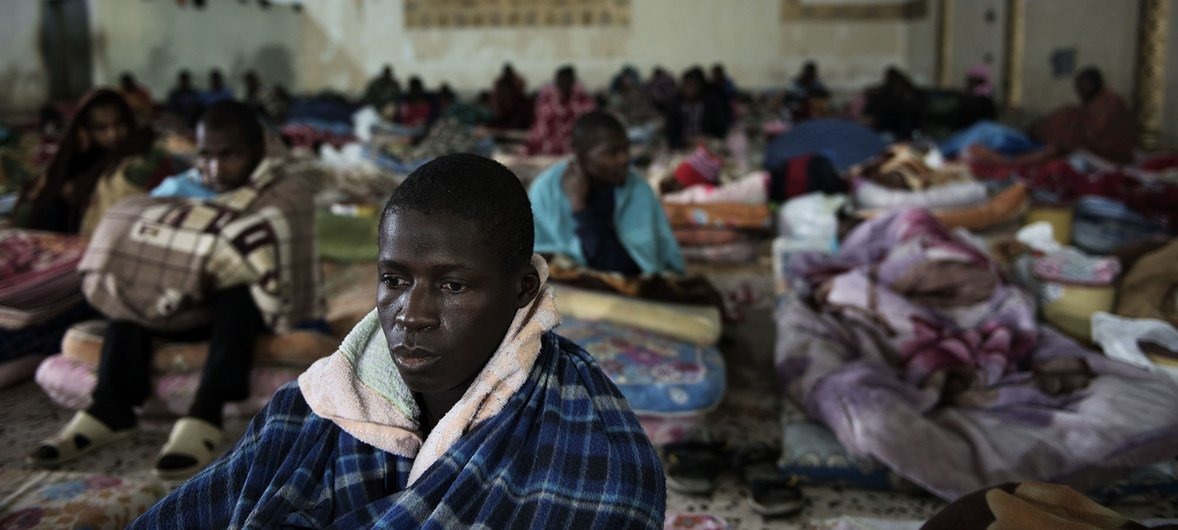
Several countries, including Britain, Spain, Norway, and Sierra Leone, raised concerns about the treatment of migrants in Libya, a key transit route for Africans fleeing conflict and poverty en route to Europe. Reports indicate that some migrants have been held in warehouses controlled by traffickers, where they have experienced violence and extortion, according to a Dutch court case.
Norway’s ambassador Tormod Endresen called for the protection of vulnerable migrants and an end to arbitrary detention. Britain’s rights ambassador Eleanor Sanders echoed these concerns, calling for unrestricted access for U.N. agencies and other organisations to mass graves. Earlier this year, some bodies of migrants recovered from mass graves were found with gunshot wounds, according to a UN agency.
In a parallel statement, rights groups issued an open letter to Libyan authorities urging reforms, highlighting that armed groups continue to operate with impunity, obstruct courts, and commit widespread abuses.
Libya has remained unstable since the 2011 uprising that toppled long-time leader Muammar Gaddafi, with ongoing conflicts between eastern and western factions.
Eltaher Salem M. Elbaour, acting foreign minister of the UN-backed government in Tripoli, acknowledged the strain migrants place on the divided state. “I’m not here to paint a perfect picture of the human rights situation in my country,” he said. “Quite the opposite, I have come to highlight the efforts we have made to protect rights despite the well-known challenges during this transitional period.”
Elbaour noted Libya’s acceptance of the International Criminal Court’s jurisdiction and the creation of a joint committee to address detention centres as part of these efforts.
The UN review is part of a regular process in which the records of all 193 member states are examined every few years, with recommendations for improvement. Last week, the United States notably did not participate in its own review.
